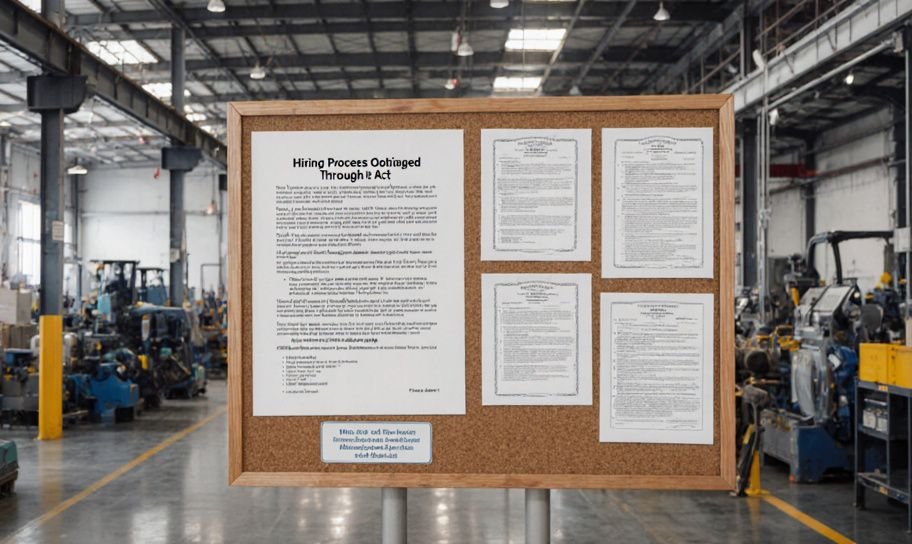
Quick Summary: A high court dismissed a company's appeal against an employee accused of wrongdoing for sharing official information obtained through the Right to Information (RTI) Act, ruling that the sharing was legal.
The case started when Aron K. Thiraviaraj, a Crane Operator at Bharat Heavy Electricals Limited (BHEL), was accused of wrongdoing. His wife had requested details about a hiring process using the Right to Information (RTI) Act. This information was later found on a company notice board.
BHEL claimed that Aron K. Thiraviaraj misused the RTI information by posting it publicly. They issued a notice asking him to explain himself on December 1, 2011, and later a formal charge in January 2012, citing rules against sharing official documents without permission.
"The charge against Aron K. Thiraviaraj was that he had committed wrongdoing by sharing official details obtained through the RTI Act."
Justice J. Nisha Banu initially ruled in favor of Aron K. Thiraviaraj, saying that sharing RTI information is not sharing without permission. The judge noted that the RTI Act exists to promote openness.
BHEL appealed, arguing that the information was shared improperly. They insisted that Aron K. Thiraviaraj should have used other legal options instead of filing a writ petition.
The court, with Justices C.V. Karthikeyan and R. Vijayakumar in charge, dismissed the appeal. They found no wrongdoing since the information was legally obtained and not confidential.
"The information shared was harmless in nature, merely providing statistical details."
The court upheld the original decision, emphasizing that the information shared was public and not sensitive. This case highlights the importance of openness and the protection offered by the RTI Act.